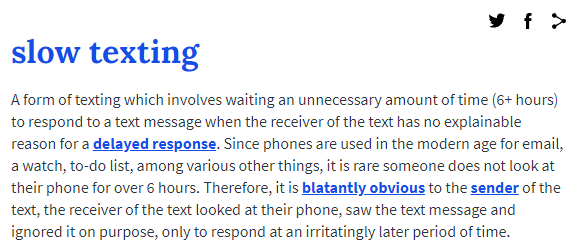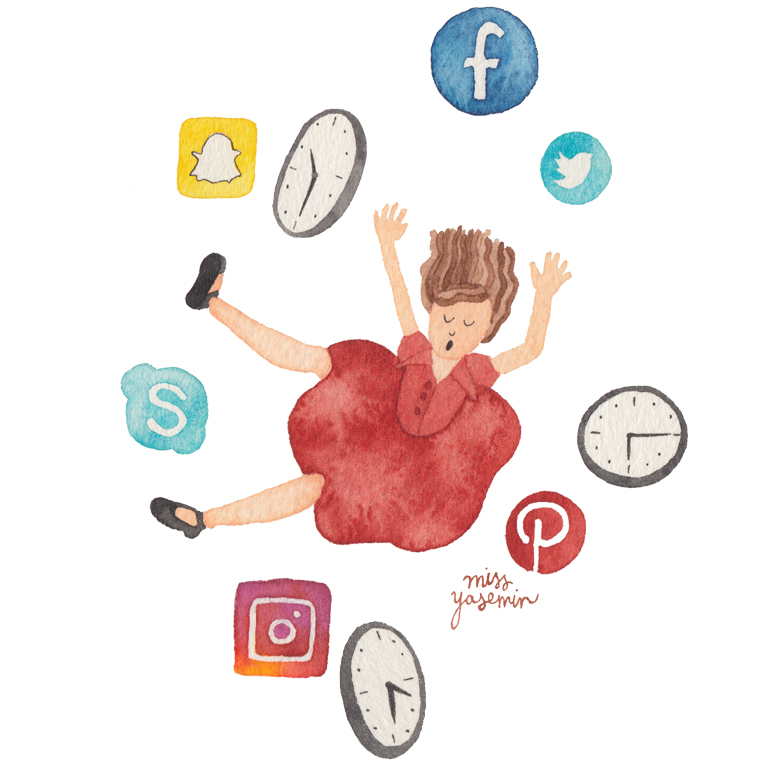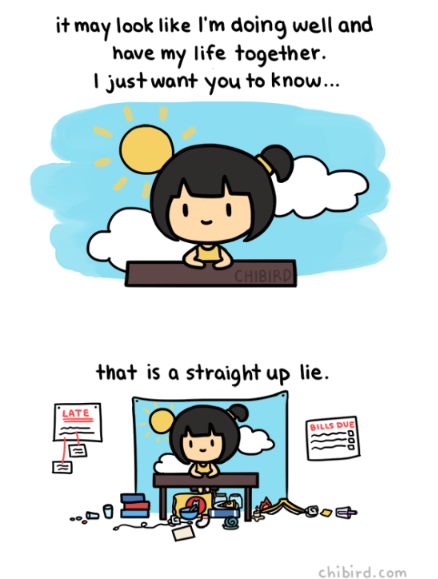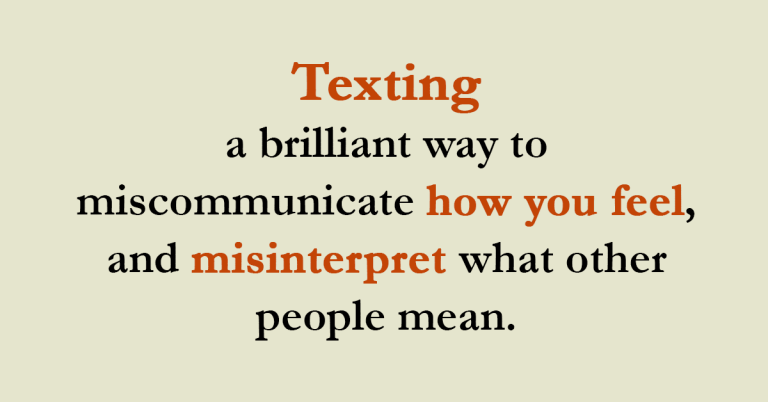Here’s a hot take: Slow texting and late replies does not deserve the bad reputation it has. It should be accepted and even normalised.
In this day and age, our mobile devices have become an extension of us; rarely are we seen without it.
According to a survey reported by the Department of Statistics Malaysia, usage of mobile phone increased by 0.3% from 97.9% in 2019 to 98.2 % in 2020.

Furthermore, the most popular internet activity is social media.

By default, there is little reason for one to reply late, right?
Well, just because people can respond at all times, it does not mean they want to or should.
Slow texters and late replies
To some, slow texting and late replies is one of the most frustrating pet-peeves.
Heck, even Urban Dictionary throws shade on those that respond slowly.

You might find yourself nodding away and agreeing, or even cursing that friend that has yet to respond to your day-old message.
I get it, you’re annoyed and frustrated. I mean, aside from being busy with work, what else could they be so caught up in?
As a slow texter myself, I confess that it’s not so much of being caught up with work, but more so about being emotionally and mentally unavailable.

Image via: MissYasemin
Stuck in a loop of same conversations
You might have realised over the past two years, texting during the pandemic played by a certain script.
You check in with your friends, asking how they’re doing / coping, you ask for any personal updates, then proceed to complain about the current situation, how the government is not doing their jobs etc.
Arguably, this has helped many cope with the lockdowns. However, were this to happen on a daily basis, repetitiveness robs the meaningful exchange from the conversation.

Don’t get me wrong, I value and appreciate any forms of messages sent to me. Nevertheless, the effort needed to continue conversations is tiring.
Deciphering text
So, what’s so exhausting about texting?
Digital (written) communication is now designed to mimic conversation but only when it comes to timing.
In text-based communication, body language is non-existent. The lack of facial expressions, intonation and posture has made it easy to misinterpret messages.

As a result, more time is needed to think and formulate sentences that best fit the sender’s current emotions.
A lot of guess work needed here.
The misunderstandings, delayed corrections, and inadequate explanations feed into a mountain of anxiety and energy consumption.

Quote via: Forge
Fostering a culture of slow texting
Normalising slow texting gives leeway to individuals to respond depending on their emotional and mental availability.
On the other hand, expecting or even demanding people to respond immediately holds an element of toxicity. It leads to others feeling obliged to respond.
As much as I advocate about normalising slow replies, there are instances when immediate response are needed.
In the digital world where we masquerade our lives, it gets pretty darn tiring.
Embracing a culture of responding on our own terms may help preserve time and energy.
By correcting assumptions and managing expectations in your ‘texting circle’, you create an environment that promotes self-awareness surrounding emotional and mental availability.
With that said, make sure that there is a mutual set of understanding that it is okay for you to reply later than usual before you go about ghosting your friends.

Cover Images via Canva
Editor: Anna Wong


